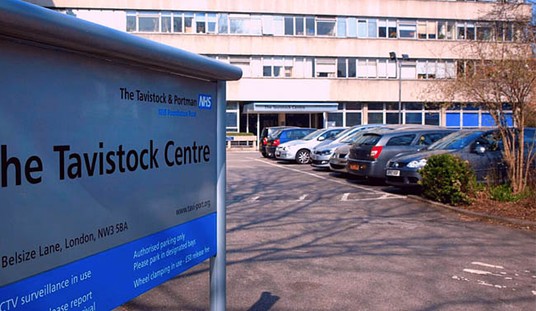President Obama, at his second campaign stop Friday following a dismal June jobs report, dropped a line from his speech in which he cited the faint job growth as a “step in the right direction.”…
With the economy typically polling as the top issue in the 2012 race, Obama is now under heavy pressure to demonstrate a turnaround sometime between July and October. A cascade of weak jobs reports between now and then would not bode well for his chances, though the president so far has kept the edge over Romney in many battleground state polls.
No president since World War II has won re-election with a jobless rate over 7.4 percent, a figure the economy is now almost certain not to reach before November. The president is quickly running out of time to bring the jobless rate down with just four reports now remaining before the election. And Friday’s report took on added importance as it will help set impressions of the economic trend heading into the summer vacation season, when voters tend to tune out…
Obama’s approval rating on the economy—consistently rated the top issue for voters— has long been mired in dismal territory. Friday’s numbers are likely to freeze the current dynamic that doesn’t favor the White House, forcing the president to continue a harshly negative campaign seeking to frame Romney as unpalatable alternative through attacks on his business record and extensive wealth, including his money in overseas accounts…
“I don’t see where the growth is going to come from now until the election,” said Matt McDonald, a former Bush administration official now with consulting group Hamilton Place Strategies. “You have a massive European overhang and business leaders are very concerned not just with Europe, but with what is going to happen in the U.S.,” McDonald said. “I think it will continue to be a pretty rude intrusion into the president’s campaign on a monthly basis from now until the election”
Have voters “priced-in” bad economic news as they evaluate Pres Obama? Stubborn polling suggests answer may be yes.
I am not sure [today’s jobs report] qualifies as a significant miss relative to the market’s expectations. Still, those expectations were quite low to begin with. These are certainly disappointing numbers as compared to what had seemed possible earlier in the year.
Before the January job numbers were released, I wrote that 150,000 jobs added per month would make Mr. Obama roughly break-even for re-election given his approval ratings at that time. Between the strong numbers in the first few months of the year and the weaker ones recently, almost exactly 150,000 jobs per month have been created so far in 2012.
However, Mr. Obama seems to have gotten the benefit of the doubt from voters. His approval ratings improved some early in the year, but have not yet declined much with recent jobs reports.
Steve Schmidt, the 2008 campaign manager for Senator John McCain’s presidential bid, said voter attitudes about the economy had solidified already and would not be much affected by new jobs numbers on Friday or the rest of the year.
“The shape of the playing field is largely set,” Mr. Schmidt said. “They believe it’s a very bad economy. They’re pessimistic and they’re anxious. The campaign that wins is the campaign best able to address the anxiety. It’s a comfort argument.”
So far, he added, polls show Mr. Obama making headway in swing states with his attacks on Mr. Romney’s priorities, his finances and his record at Bain…
“The arguments that campaigns put out in July and August are largely unheard by the people who will decide the election,” Mr. Schmidt said. “Both sides are putting down markers for the arguments they’ll make in the fall.”
The June numbers, then, will represent another test of Mr. Obama’s resiliency.
I am beginning to get the feeling that voters are shrugging their shoulders about politicians, no longer believing they can fix the economic problems. They’ve reset their expectations about how political leaders can change the dynamic. After watching basically no growth in real wages over the last decade, no real growth in private sector jobs and a stagnant unemployment rate, they don’t think that a president (or a governor, for that matter) can do much to change the situation.
They also feel that politicians making typical promises about how they are going to fix things are not realistic or to be trusted. The public seems increasingly to want to be told the truth and what to really expect. They don’t want to be sold some happy story with slogans and talking points, but instead given a real sense of where we are and what our future looks like. It seems that voters want to be included in the conversation, and asked to be part of the solution. And they think the leadership solution is a much more local one in their communities and neighborhoods.
This “reset” on the country’s economic and leadership outlook of what might be a new normal could actually benefit Obama to a small degree. If Romney tries to make too many grand promises about what he will do as president, he could be viewed as untrustworthy and a typical politician.
June 2012: “Therefore, it is important not to read too much into any one monthly report and it is informative to consider each report in the context of other data that are becoming available.”…
June 2011: “Therefore, as the Administration always stresses, it is important not to read too much into any one monthly report.”…
June 2010: “As always, it is important not to read too much into any one monthly report, positive or negative.”







Join the conversation as a VIP Member